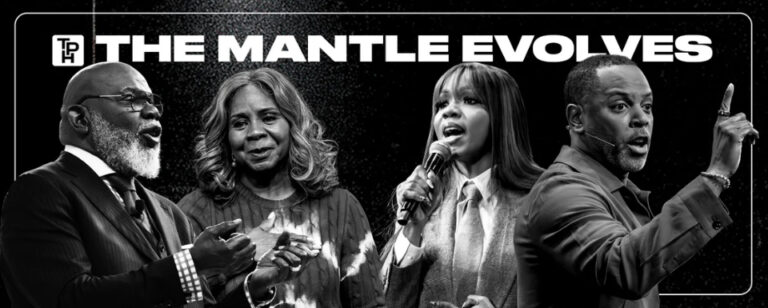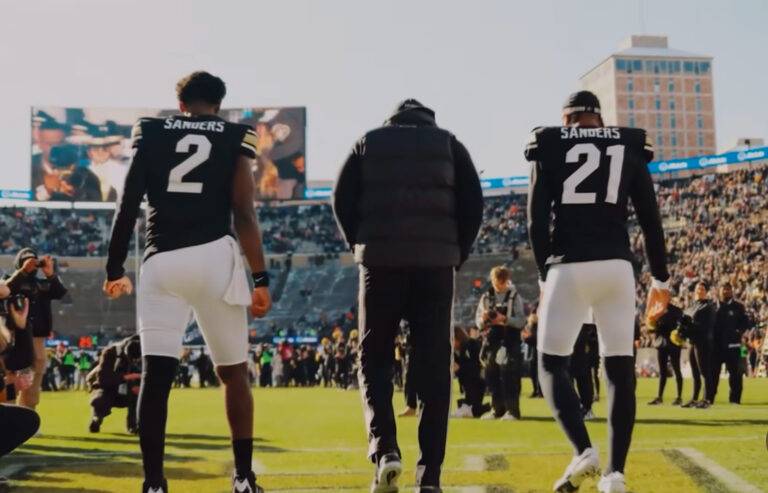
In a significant development for songwriters across the United States, the U.S. Copyright Office has finalized a rule to ensure that songwriters who reclaim their rights through termination will begin receiving streaming royalties. This decision addresses long-standing concerns over the Mechanical Licensing Collective’s (MLC) previous policy, which critics argued unfairly favored former rights holders even after songwriters had taken ownership of their works.
The Copyright Office’s new rule, issued on Tuesday (Jul. 9), corrects what it deemed an “erroneous” policy by the MLC. This earlier policy, which had been in place since 2021, resulted in streaming royalties flowing to former rights holders indefinitely, even after songwriters reclaimed their copyrights. This meant platforms like Spotify would still send royalties to previous owners rather than the actual songwriters. Many feared that this issue would undermine the purpose of termination rights.
Notable songwriters such as Don Henley, Sheryl Crow, and Sting championed this change alongside groups like the Music Artists Coalition, Songwriters of North America, Black Music Action Coalition, and the Recording Academy. Their collective efforts highlighted the need to protect songwriters’ rights and earnings in the evolving landscape of music streaming.
Jordan Bromley, a Music Artists Coalition board member, hailed the new rule as a “landmark victory for songwriters.” He emphasized that this decision ensures fair compensation for songwriters who reclaim their rights and strengthens the foundation of copyright law in the digital age.
The rule addresses the intricate relationship between the MLC’s blanket license for streaming royalties and termination rights, a federal provision allowing authors to regain their copyrighted works decades after selling them. While songwriters can reclaim their original songs, publishers can still sell existing “derivative works” created during their ownership, complicating royalty distributions.
The MLC’s previous approach, based on the upload date of songs to streaming platforms, meant that royalties for songs uploaded before the termination would continue to go to the old owner. The Copyright Office’s new rule rectifies this, ensuring that songwriters will also receive the associated royalties once they reclaim their rights.
The new rule will change the MLC’s approach going forward and require “corrective royalty adjustments” for past payments made under the old policy. While these adjustments are expected to be relatively small, they are essential in ensuring fair compensation for songwriters.
The MLC has welcomed the new guidance, stating their commitment to implementing the rule and releasing previously held monies in accordance with the provided timelines.
The journey to this final rule saw extensive public comments and some criticism, particularly from the National Music Publishers’ Association (NMPA). Despite their initial objections, NMPA President & CEO David Israelite acknowledged the final rule’s benefits, emphasizing that it provides clear guidance and ensures that songwriters are paid correctly post-termination.
Other industry groups, including the Black Music Action Coalition and the Recording Academy, also praised the new rule, viewing it as a victory for songwriters’ rights and a step toward justice within the music industry.
This new rule marks a pivotal moment for songwriters, reinforcing their rights and ensuring fair compensation in the digital age. As the music industry continues to evolve, this decision underscores the importance of protecting creators and their invaluable contributions to the world of music.
For more detailed information, you can read the entire new rule here.
###
Fharnell M.



